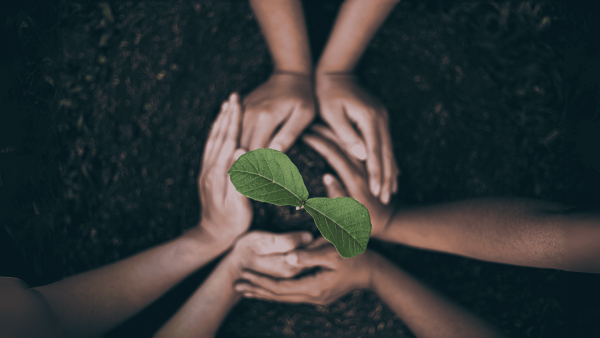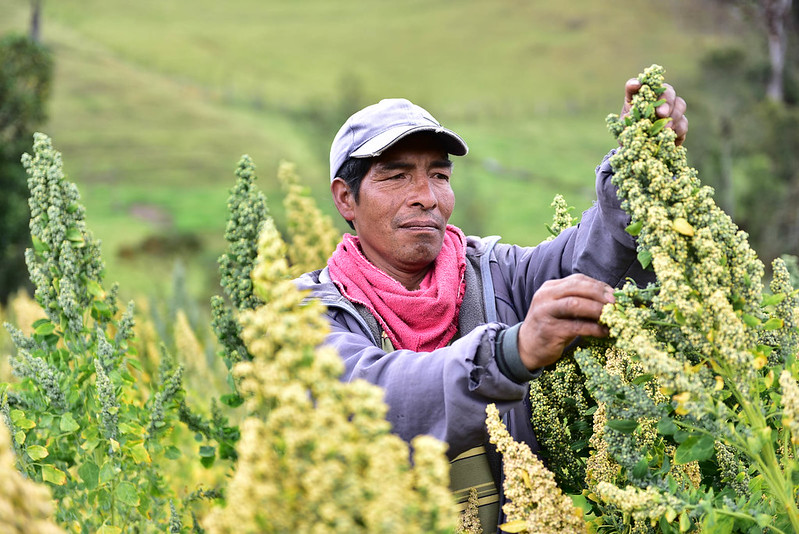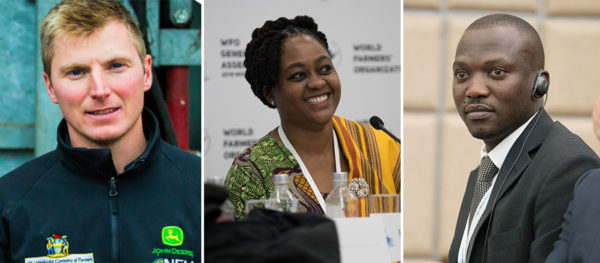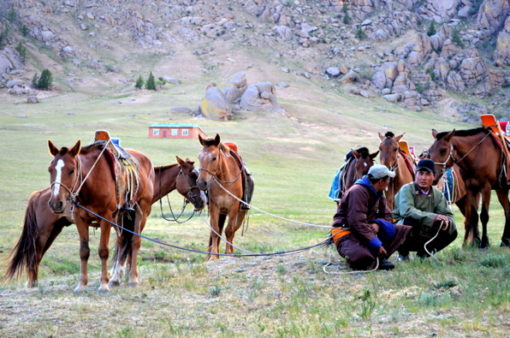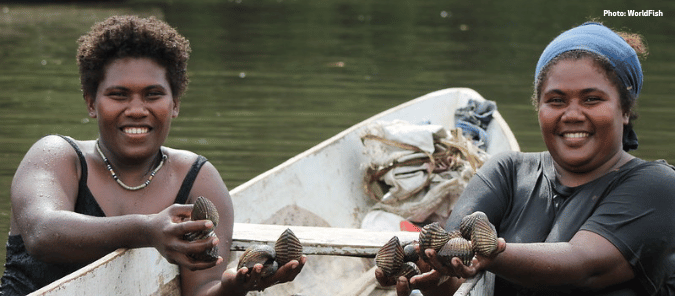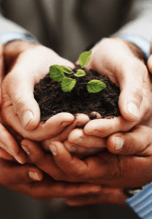Tag: sustainability

COP28 is a Chance for Businesses to Walk the Talk on Food and Climate
Global: Businesses working together to address innovative measures to achieve food security and climate change are crucial at COP28.
Read MoreRealising the Potential of Neglected Crops in Latin America
Latin America & the Caribbean: Neglected crops can help improve livelihoods and nutrition, while reducing the environmental impacts of food production across Latin America.
Read MoreAgroecology According to Generation Y
Africa & Middle East: Young farmers tell Farming First about the importance of practising agroecology to benefit today’s generation and those to come.
Read MoreMoving with the Times: Pastoralists Share Lessons in Sustainability
Asia: Pastoralists, who face the toughest of challenges from climate change, are well-placed to offer lessons in how to adapt to new weather conditions.
Read MoreSolar-Powered Freezers: Sustainable fish storage in the Solomon Islands
Oceania: Across the Solomon Islands, solar-powered freezers are helping improve fish storage and women-run small businesses.
Read MoreVideo: How Big Business Can Sustain Our Soils & Environment
Africa & Middle East: Farming First TV interviewed Fadhel Alansari, the General Manager of Manufacturing at Gulf Petrochemical Industries Company on the responsibility that the private sector has to play a role in protecting the environment
Read More